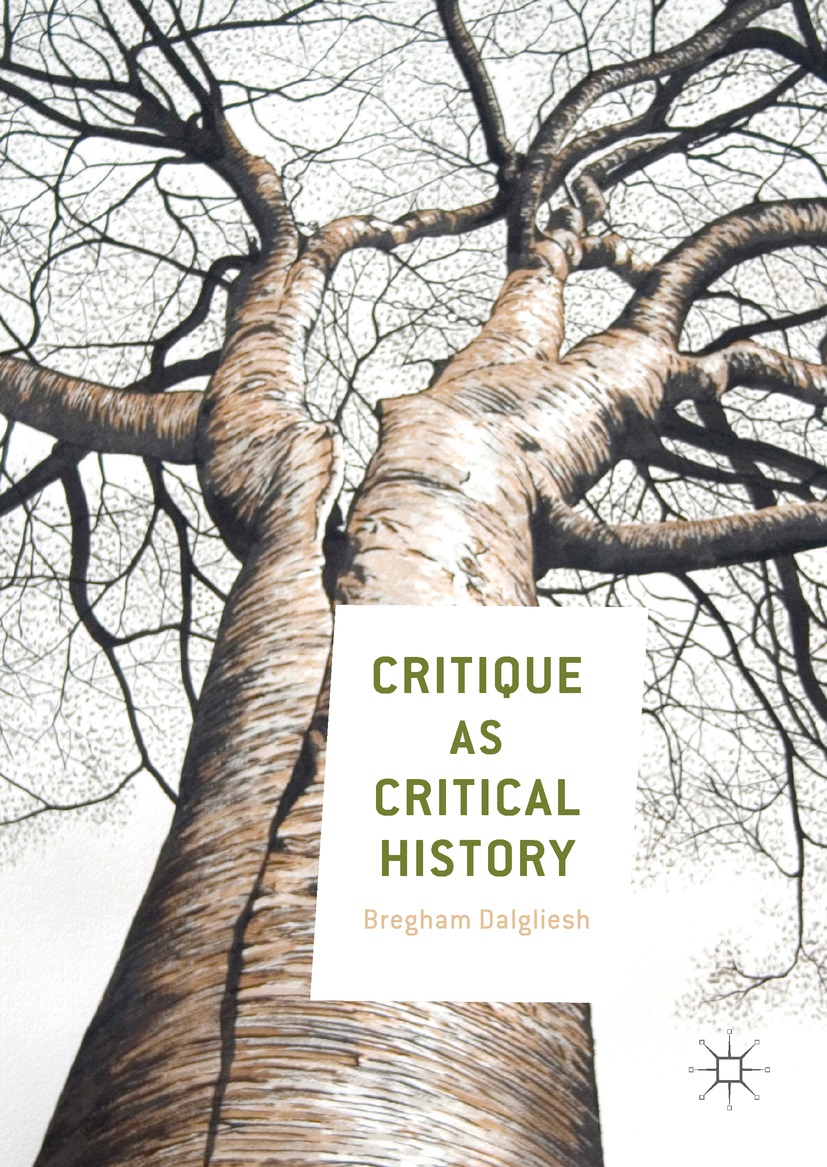
Title
Philosophy and Religion Critique as Critical History
Size
252 pages, hardcover
Language
English
Released
2017
ISBN
978-3-319-61008-5
Published by
Palgrave Macmillan
Book Info
See Book Availability at Library
Japanese Page
Critique as Critical History situates Foucault’s critique within the tradition of Kant’s call for a philosophical archaeology of reason; in parallel, it demonstrates the priority in Foucault’s thought of Nietzsche over Heidegger and the framing of reason against an ontology of power. I hereby claim that at the heart of the Foucauldian œuvre is the philosophical method of critical history. Its task is to make the will to know that drives thought conscious of itself as a problem, especially the regimes of truth that define our governmentalities. By revealing the contingency of their constituent parts of knowledge, power and ethics, I suggest that critical history offers an alternative mode of critique to the singular reading of the intellectual heritage of enlightenment, while it fosters an agonistic concept of freedom in respect of our putatively necessary limits.
The first part of the book situates Foucault within the intellectual framework of political philosophy. I deploy Barthe’s notion of the “baroque” to argue for a Foucauldian œuvre that establishes a field of inquiry of critical history, which defines its form, while its content is characterised by disjunctions of knowledge, power and ethics, or their intersection as regimes of truth. I then outline the history of critique in France to explain the misinterpretations of Foucault’s critics and why critical history provides an alternative mode of critique. Secondly, a reading of the epistemological critique grounded in the subject is proposed. I discuss Kant’s account of enlightenment as an obligation to be mature, which he furthers with a metaphysics of experience and the idea of freedom that links autonomy to Morality. This is the spur for Hegel’s attempt to alleviate diremption through a phenomenology of the objective experience of Spirit, together with the moderation of the subject’s recognition in Ethical Life. Lastly, I explicate how contemporary philosophy of the subject thinkers, such as Rawls and Taylor, similarly conceive of a subject of right as the foundation of political critique. Whether in the shape of political liberalism or a politics of recognition, Anglo-American political theory upholds notions of the subject’s autonomy and recognition and embraces a view of freedom as the antithesis of power.
The second part of the book offers an original interpretation of Foucault. I first analyse his archaeology of knowledge by charting the entry of Kant and Hegel into French philosophy, the connotations of the Dreyfus Affair for the practice of critique, and the existential and Marxist interpretations of Hegel by Kojève and Hyppolite. Following an outline of Foucault’s nominalist archaeology where he dethrones the Kantian and Hegelian subject from its epistemological pedestal, I argue that after May 1968 Foucault situates an archaeology of knowledge within a genealogy of power. To this end, his study of madness is a proto-genealogy that critiques the cost of autonomy and recognition in terms of the confinement of those who are different. Foucault then cultivates a genealogical critique of capillary power, which unearths the technique of examination and the mechanisms of discipline that constitute the body, or somato-power. Likewise, I demonstrate how Foucault excavates the technique of confession and the mechanisms of regulation that foster life, or bio-power. Subsequently, I explain Foucault’s interpretation of power as governmentality, which links the exercise of somato- to bio-power and produces subjection. This leads Foucault to the notion of critical history and his demarcation of ethics-oriented from code-oriented moralities. They demand an agonistic relation to oneself and offer a model for maturity in the face of games of truth in the present. Finally, I conclude the book through the intellectual praxis of the philosopher. I elucidate Foucault’s role as a critical historian that is characterised by a Kantian ethos and a Nietzschean becoming, where freedom is an agonistic practice in respect of the limits that confront us.
(Written by Bregham Dalgliesh, Assosiate Professor, Graduate School of Arts and Sciences / 2018)
Table of Contents
2. Critique and the subject of knowledge
3. Critique and the subject of right
4. Archaeology and knowledge
5. Genealogy and power
6. Critical history and ethics
7. Critique as critical history
Related Info
B) “Dalgliesh’s impressive survey of Foucault’s oeuvre presents him as ‘an exemplar of an alternative mode of enlightenment critical thought.’ He provides a lucid account and a compelling defence of Foucault’s critical historical approach to the present. He shows the novelty and complementarity of Foucault’s Kantianism and his Nietzscheanism in a manner that invites reconsideration of all three great modern thinkers.” Prof. Paul Patton, University of New South Wales, Sydney, Australia.



 Find a book
Find a book

